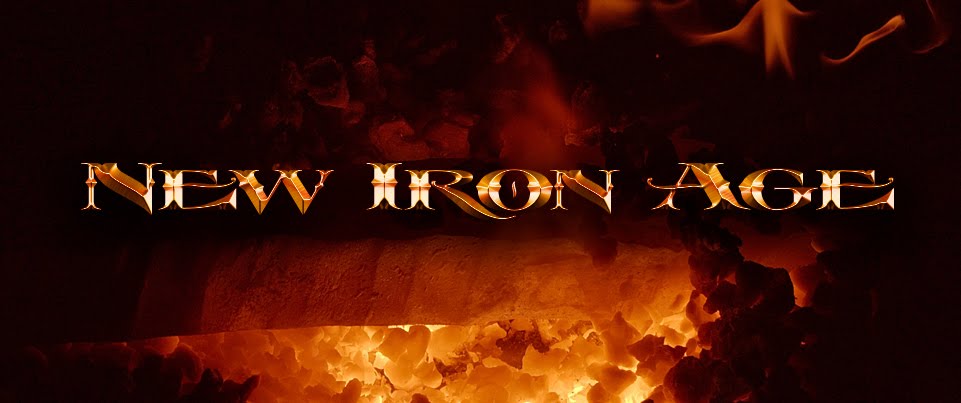Alfred Coppel
(1921-2004) was a prolific author with an extremely varied
output. He produced respected works of Science Fiction (the
Goldenwing Cycle, Dark December), bestselling political
thrillers (Thirty-Four East), and works of historical fiction
(The Burning Mountain). He was also a highly prolific pulp
author through the 50s and 60s, and appeared in most of the big name
pulps and later the slicks under a variety of pseudonyms.
One of the more
interesting permutations of his career started with a story in the
pulp Planet Stories in 1950 called “The Rebel of Valkyr”,
which was later anthologized in Brian Aldiss’ Galactic Empires
collection, which is where I read this story and became fascinated by
the possibilities of it.
“The Rebel of
Valkyr” is a real, honest attempt at depicting a Dark Age in space.
It shows us a world far in the future, after a galactic-scale empire
has risen, and then fallen into ruin. The past has been garbled or
forgotten, technology is looked on as witchcraft, and society has
devolved in a feudal order of lords and their armies. The difference
is that interstellar travel is still accomplished by the use of the
remaining starships, so automated that they can be operated by men
who do not understand their full workings. The “navigators” who
control star travel have become a quasi-religious sect that sees to
the function of machines they cannot really comprehend.
No other technology
has really survived, so the story presents you with the rather
delightful image of starship holds full of horses and armored
warriors, lit by oil lamps because nobody knows how to turn on the
lights. When the people of this age go to war, they don’t fight
ship to ship, but invade from space by landing the vast starcraft and
then unloading legions of cavalry.
The fiefs of the
feudal lords have become whole worlds, and the empire is a fractious
agglomeration of proud star-kings held in thrall to the supposed
emperor. In the story, the emperor is an inexperienced boy left in
the wake of his more warlike father, and the tale unfolds a litany of
treachery, revenge, revolt, and war that bursts at the seams of the
mere 15,000 words of the story.
The idea of the
starships enduring without proper maintenance over centuries seems
more than a bit preposterous, but the ensuing action is so much fun
you largely don’t care about that. Coppel is an old hand at pulp
action and it shows, as he fills this story with enough warriors,
kings, minstrels, traitors, duels, and battles to fill a tale by
Dumas. It’s very much in the tradition of Nordic sagas, tales of
Charlemagne and his Paladins, or the Musketeers, and while the action
is not Howard levels of violent, it has a lot of grit.
Coppel later
expanded the idea into a series of books under the pen name Robert
Cham Gilman, and I have to say I think he mishandled it. He renamed
the planet of his main hero from “Valkyr” to the less
cool-sounding “Rhada”, and he also wrote the books for what was
then called the “juvenile” market, which means the plot was
simplified, the action was softened, and the whole thing has a much
lighter tone. I suppose they must have done all right, as he got to
write four of them, but the essential fire and hard edge of the
original story was lost. I mean the novel version of the same
plotline, The Rebel of Rhada, is 35,000 words longer, but does
not add much to the original story, so the formerly tight plotting
becomes loose and slow-paced.
The original story
has not even been anthologized for thirty years, and so is not nearly
as widely-read as the later books, which would tend to put off an
adult reader. The original tale is dynamite, and crackles with
intensity. Its story of fighting to save a tottering empire is more
old-school adventure fiction than truly Sword & Sorcery, but I
find the idea itself audacious and exciting, and I wish Coppel had
gone in another direction with it. If you made the story darker,
more violent, and added some inhuman space gods, then you would have
a Sword & Sorcery setting to conjure with.





